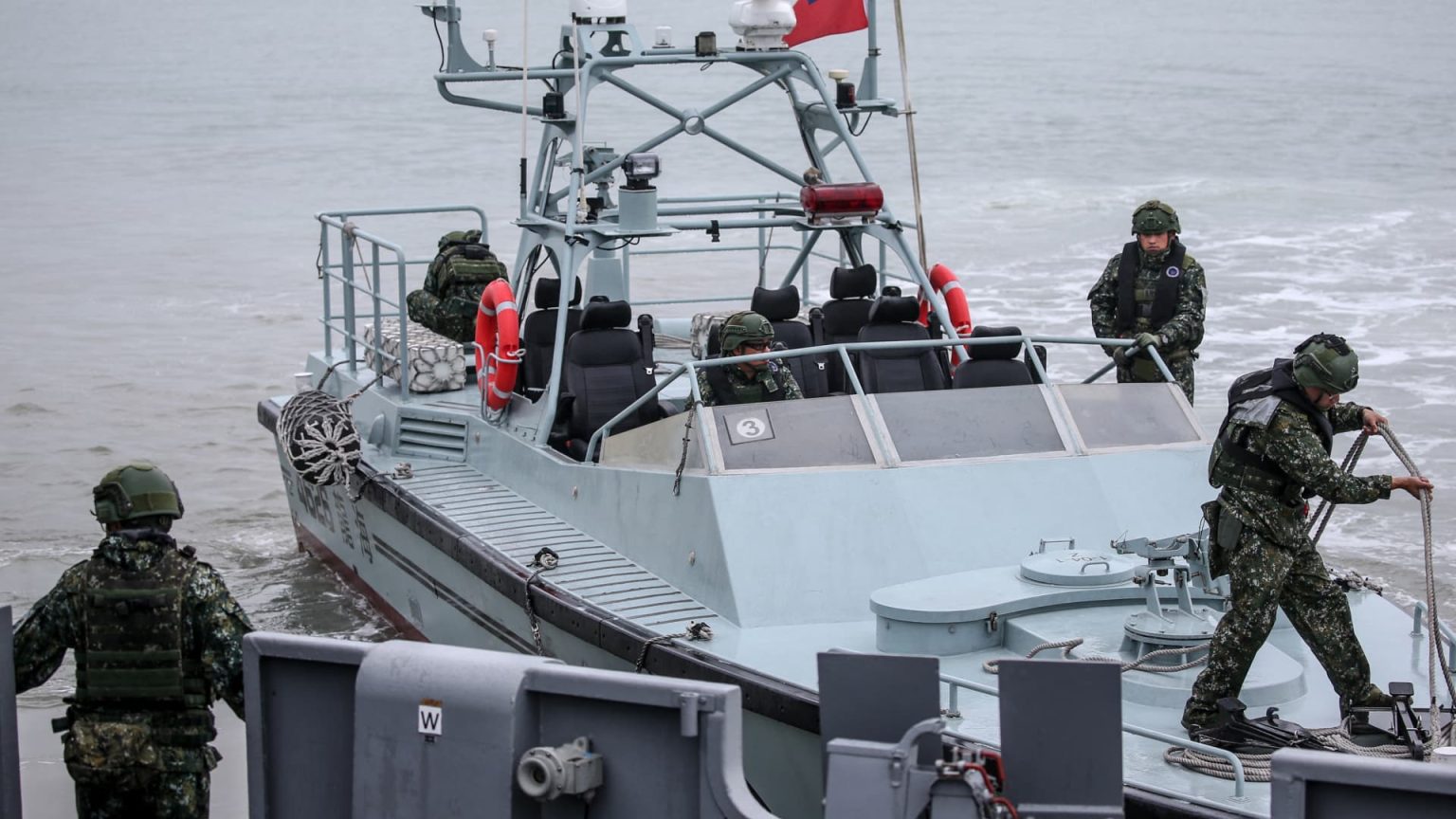China has recently conducted military exercises near Taiwan, following the inauguration of Taiwan’s new President Lai Ching-te. Beijing warned that the drills were in response to Lai’s perceived hostility and provocations, as he urged China to stop its threats against the island. China’s state news agency Xinhua characterized Lai’s speech as radical and risky, prompting the military exercises as a necessary response to Taiwan’s independence movements.
The military exercises, named the Joint Sword-2024A, focused on seizing battlefield control and targeting key areas. China views Taiwan as part of its territory and considers any moves towards independence as unacceptable. The drills involved various military operations, including sea assaults, land strikes, air defense, and antisubmarine activities. Taiwan remained on high alert, with coast guard patrols monitoring Chinese military movements in response to the escalating tensions.
Political observers suggest that Beijing’s stance towards Taiwan under Lai’s leadership may become more aggressive, as he is seen as a staunch advocate for Taiwanese sovereignty. Lai emphasized Taiwan’s autonomy in his speech, emphasizing that Taiwan and China are not subordinate to each other. China’s top diplomat criticized Lai’s statements, emphasizing China’s determination to achieve reunification. Taiwan’s defense ministry condemned the Chinese drills as irrational provocations that threaten regional peace and stability.
Under Xi Jinping, China has intensified pressure on Taiwan, especially as the island strengthens ties with the United States. Xi has identified Taiwan as a sensitive issue in U.S.-China relations, with potential implications for cross-strait relations based on U.S. political outcomes. Analysts predict that tensions may rise further if Republicans gain control of the U.S. Congress, regardless of the presidential elections. Lai’s growing confidence as president could lead to more assertive actions in support of Taiwan’s independence.
Despite the heightened military drills and increasing tensions, observers believe that war over Taiwan is unlikely in the near future. However, Beijing’s use of military tools and the frequency of military exercises may intensify in the coming years. The current situation signifies an unstable period in cross-strait relations, but Beijing is expected to avoid actions that could undermine U.S.-China stabilization efforts concerning Taiwan, at least until after the U.S. elections. Overall, while the possibility of escalation exists, major conflict is not considered imminent.


